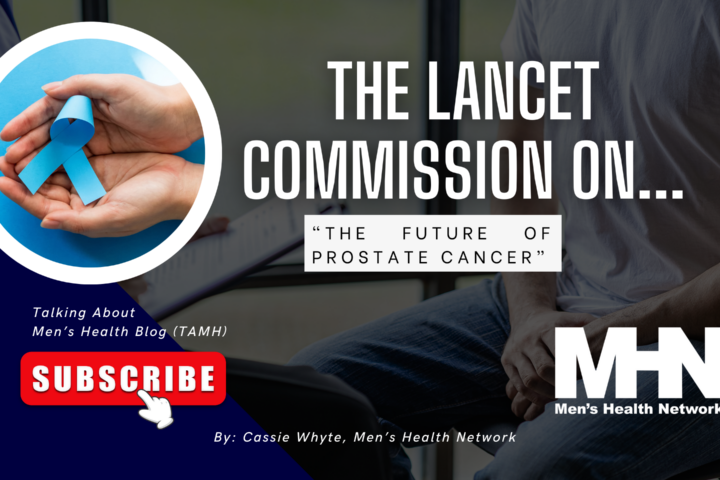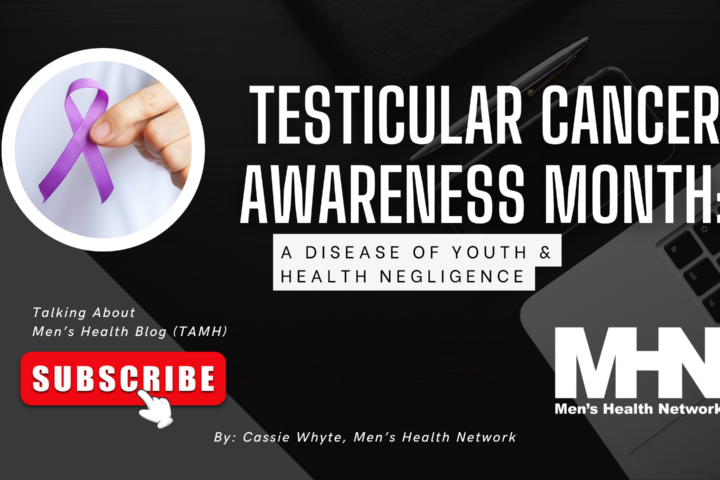I grew up in Portland, Oregon, one of the friendliest cities in the United States. It is not uncommon to have a conversation with a few strangers on the bus, and to shout a thank you to the bus driver when you get off. Furthermore, my parents’ house is part of a co-housing community; 15 individually-owned homes on two acres of collectively owned land. Everybody knows everybody.  When I come home from college to visit my parents and brother, every one of my neighbors is happy to see me and eager to hear about my latest studies and endeavors. I graduated with 19 other students in my class. We attended the Portland Waldorf School, where we were nurtured and educated through body, mind and spirit, an educational philosophy that Rudolph Steiner created. I went through the best and worst of times with my classmates, and, by the time we graduated, we had become a family.
When I come home from college to visit my parents and brother, every one of my neighbors is happy to see me and eager to hear about my latest studies and endeavors. I graduated with 19 other students in my class. We attended the Portland Waldorf School, where we were nurtured and educated through body, mind and spirit, an educational philosophy that Rudolph Steiner created. I went through the best and worst of times with my classmates, and, by the time we graduated, we had become a family.
Very few people live entirely independently, particularly in the modern day United States; most of us earn money by working in one discipline, and then pay others to meet our other essential needs, such as food and shelter, and even our children’s education. But most of us are not conscious of this community that we contribute to and that in turn supports us, and we miss the evident social and psychological benefits of having this awareness. Along with individuals realizing the importance of community, multiple studies, such as this one, prove these benefits of community are global. People are bound to achieve and experience these benefits in different ways and connect different values to them. You might welcome a new neighbor by inviting them over for dinner, and feel less stressed about work the next day. Maybe you bought groceries at a farmers’ market and chatted with the woman who grew your food, making friends with her or just feeling a sense of calm, connecting to where your food comes from. For me, the more I tune into my mutual relationship with my communities, mainly through volunteering, school events, and chatting with neighbors, the more fulfilled I feel. I think this is because I am acknowledging the reality that I am one individual who is part of something much larger, and this thing and I mutually influence one another. There is no “well” in my well-being unless I am in this realistic communal mindset.
To help you tune in to your own sense of well-being, I have provided a list of organizations that I recommend volunteering with. I have only provided nationwide organizations to increase the likelihood that there is a location near you. There are also numerous local organizations with wonderful volunteer opportunities, so I encourage you to find those as well. The best way to find volunteer work or other community activities that are fulfilling to you is to pay attention to what types of activities and causes you are automatically drawn to. What has always been important and interesting to you? What activities balance out your life? If you do manual labor to make a living, perhaps helping an organization write letters would feel good. If you sit at a desk writing to make a living, perhaps being outdoors gardening would feel good.
- Big Brothers Big Sisters: mentor youth one on one and help them reach their full potential.
- Habitat for Humanity: help build houses and pursue the vision of providing decent homes for all.
- Food Pantries: use this resource to find a food pantry near you, where you can help fight hunger by cooking and serving food.
- Camphill Villages: assist adults and children with special needs with their daily tasks in these life-sharing communities throughout the United States. Activities range from gardening, to pottery, to cooking. Contact specific locations directly for day volunteer opportunities.
All of this touchy-feeling, deep connection stuff may sound too girly for some of you guys. And, truthfully, at least historically, it is. Our culture has raised men to be “tough” and to not show emotions that might be perceived as weakness. The majority of community-based events are still led by women. But let this be a shout out to all of you guys to honor the communities you are a part of and explore the well-being that it brings you. You don’t have to get all sappy and share your feelings with everyone, just look around, and ask, who am I, and how do I affect these people, and who are these people, and how do they affect me?
Sources:
Helliwell, John F., and Robert D. Putnam. “The social context of well-being.”Philosophical transactions-royal society of London series B biological sciences (2004): 1435-1446.



